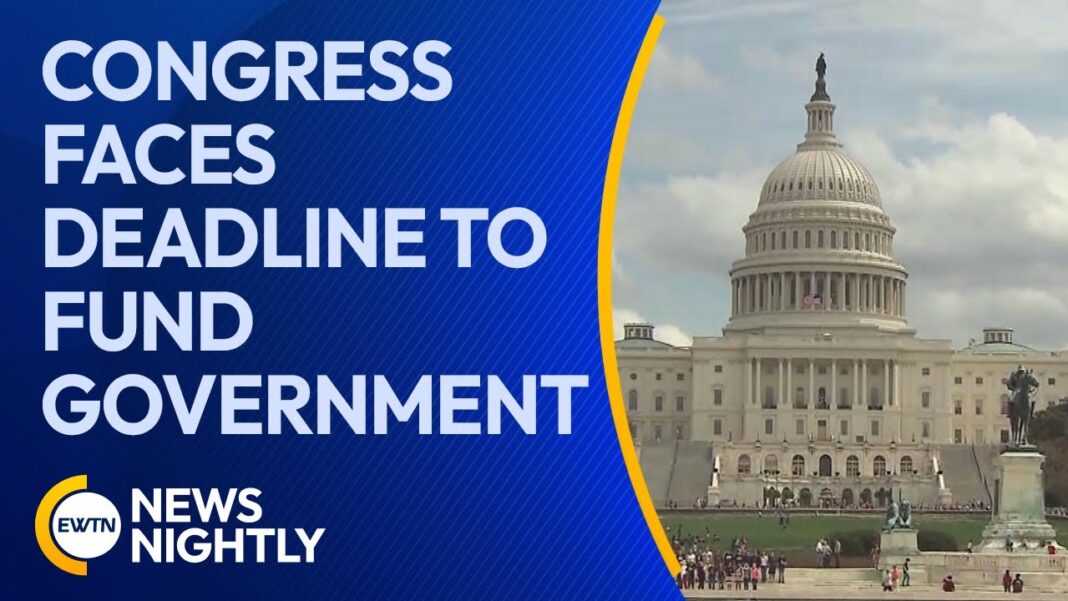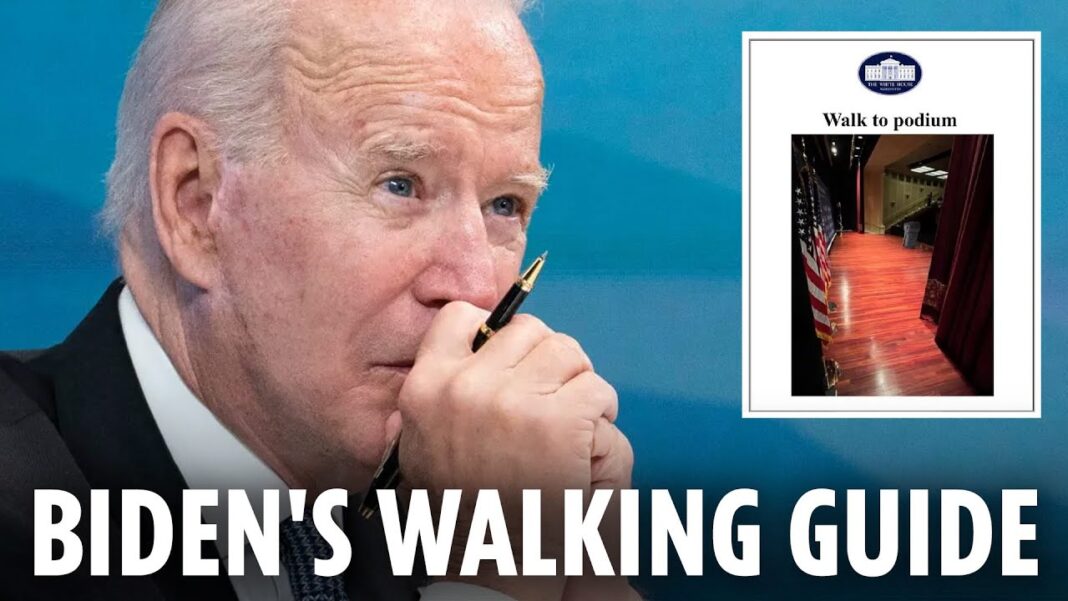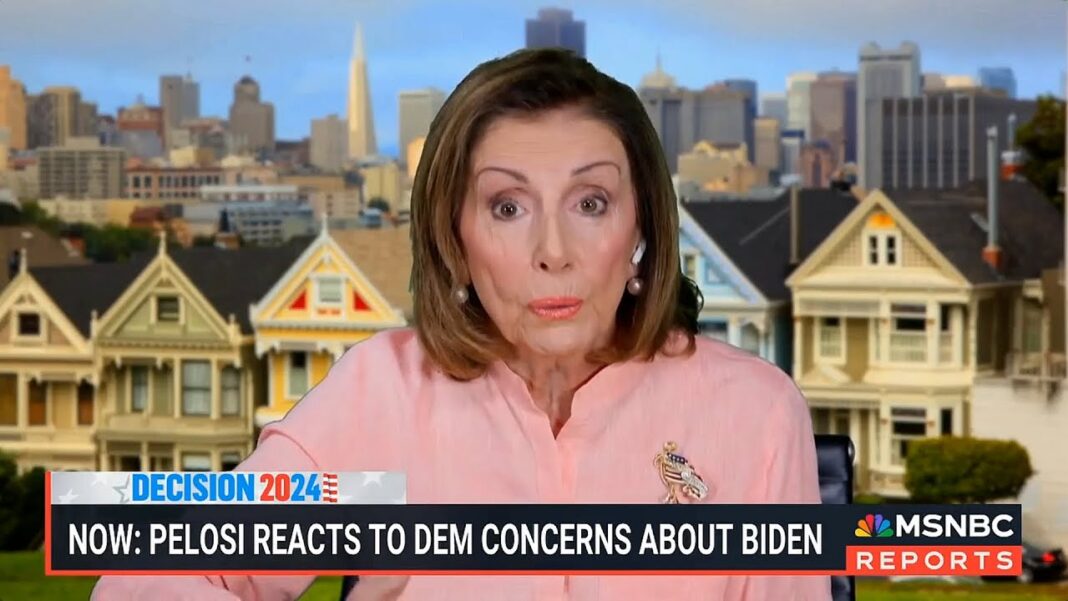Congress does not appear on track to pass 12 annual spending bills by the Sept. 30 deadline.
For much of 2023 and early 2024, Congress was focused on one issue: appropriations. Twelve bills to fund all parts of the federal government were supposed to be passed by Sept. 30, 2023. Yet Congress missed that deadline and three subsequent extensions to pass the bills. To avoid a government shutdown, it instead passed continuing resolutions (CRs) to temporarily fund the government and give itself more time to act.
These CRs attracted intense criticism, and the first CR prompted the House of Representatives to remove its speaker, Rep. Kevin McCarthy (R-Calif.), from office. The process was eventually completed on March 23, nearly six months later than required.
It appears that Congress may repeat itself this year, observers say.
12 Bills to Pass
For the work week beginning on July 8, the House will likely take up the fifth of 12 spending bills for fiscal year 2025 beginning on Sept. 30. The bill concerns the legislative branch, which involves funding Congress itself.
As of July 6, the House had passed four appropriations bills for the next fiscal year, which fund the Department of Defense, State Department, Department of Homeland Security, and Department of Veterans Affairs. House Speaker Mike Johnson (R-La.), shortly before assuming the leadership position in October 2023, promised to complete the passage of all 12 appropriations bills by the end of July and vowed that he would not let the House break for its August recess otherwise.
Regardless, the House’s bills are unlikely to be passed in their present form, given that they include many provisions opposed by congressional Democrats, who control the Senate. The White House has also warned that President Joe Biden would veto the bills as currently written.
When such disagreements occur, the Senate usually passes its own version of the bills, which can be substantially different. Both chambers then begin a “conference” process to reconcile differences, and after reaching an agreement, they pass a new version of the bill.
However, the Senate has not yet passed any appropriations bill for the next fiscal year. The Senate Appropriations Committee, which oversees the process, has begun work on the bills and solicited funding requests from senators.
By Arjun Singh







